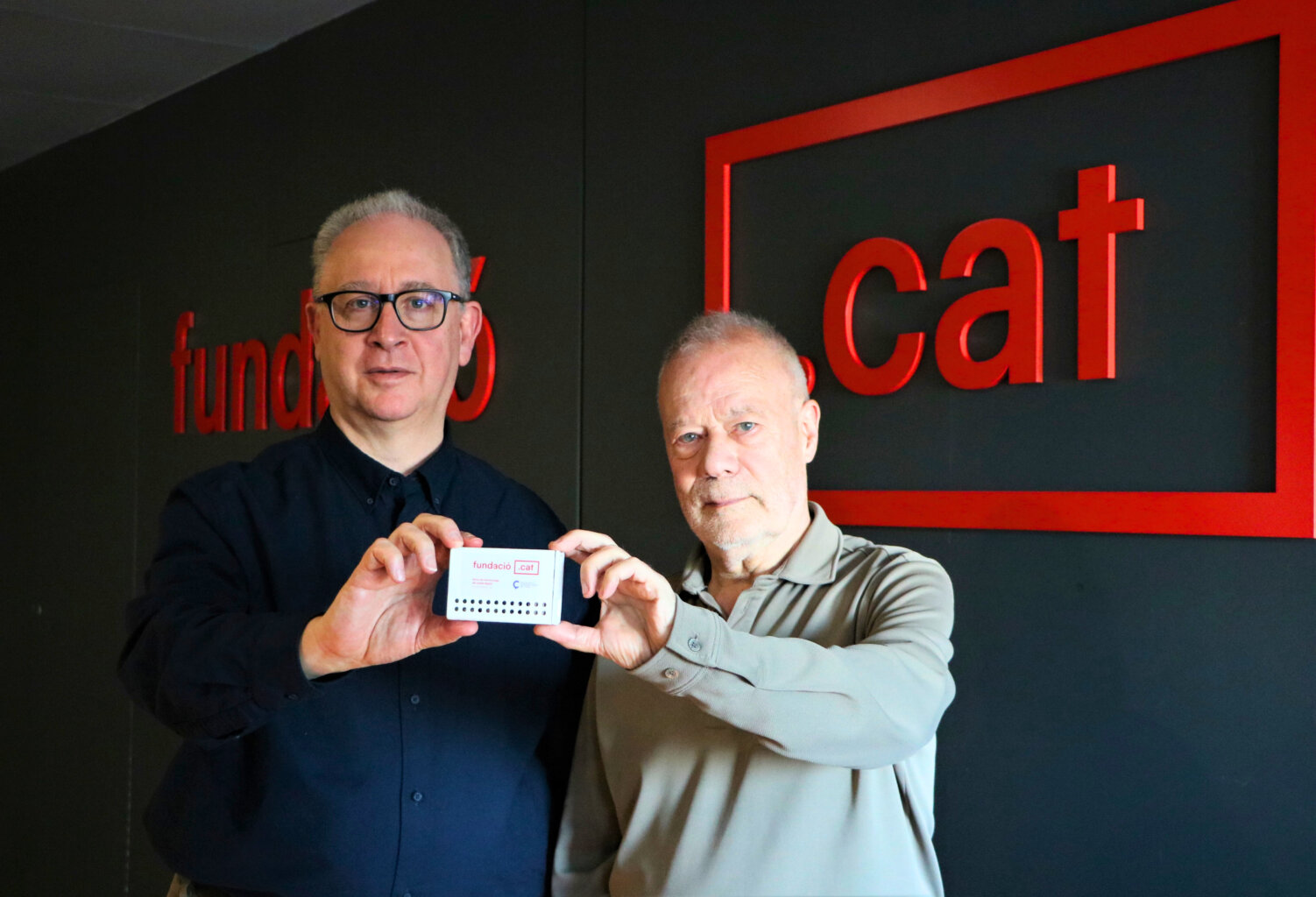Genís Roca talks about the law to regulate artificial intelligence in the European Union

On December 8, the Council of the EU and the European Parliament reached an agreement on the first European law to regulate artificial intelligence. “The EU Artificial Intelligence law is pioneering worldwide. A unique legal framework for the development of artificial intelligence that can be trusted,” stated Ursula Von der Leyen, the President of the European Commission.
Genís Roca, president of Fundació .cat, one of the entities within CIVICAi, praised the EU agreement on Via Lliure RAC1 and believes that Europe “has created a framework for how AI should be used, and it will eventually become a model that will influence how it should be used worldwide.”
📌 @genisroca: “La llei europea de la intel·ligència artificial es farà servir a tot el món”
👉 Hem parlat amb el nostre expert digital i president de la Fundació @puntCAT https://t.co/PPauUs40oW
— Via Lliure RAC1 (@vialliure) December 9, 2023
ACN (Catalan News Agency) also sought the opinions of experts on this law. They contacted Genís Roca and Albert Cuesta, coordinator of the Aliança per la presència digital del català. Both agree that the agreement comes late and that the timelines of European politics do not align with those of artificial intelligence. “This law now has to be approved by the European Parliament and then each of the 27 member states. Between one thing and another, until it comes into effect, 16, 18, 24 months will pass,” explains Genís Roca. “Where will artificial intelligence be in 24 years? We don’t know,” he adds.
Hi veuen “una bona notícia” però assenyalen punts foscos com la vigilància o la incertesa per les eleccions europees https://t.co/5DnNUTAASy via @LaRepublicaCat
— LaRepública.cat (@LaRepublicaCat) December 10, 2023
Regarding the content of the agreement itself, pending the details of the directive, Genís Roca assures that “nothing is prohibited,” but “conditions are set” for certain matters. “It only tells you that if you want to go too far, you will have to give many explanations
, but not that you cannot,” summarizes the president of the .cat Foundation, who does not believe that “clear limits” could be imposed on artificial intelligence.
On the other hand, Albert Cuesta emphasizes the requirement to disclose content generated with AI. However, the regulation will have to compel media and social networks to make it visible. “It’s of little use if when someone spreads it, they avoid showing this fundamental characteristic,” he justifies.
☕️ La UE pacta la primera llei per regular l’ús de la intel·ligència artificial: així ho valoren els experts @genisroca (@puntCAT) i @albertcuesta
📲 https://t.co/MrTxQlo94k pic.twitter.com/YTlGi0C5EC
— Cafè d’idees (@cafedidees_rtve) December 11, 2023
You can find more information at:
Via lliure, Rac 1
La República
Diari de Barcelona
La Mañana
Lleida Diari
Segre
CATzona


